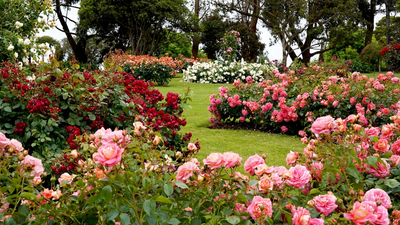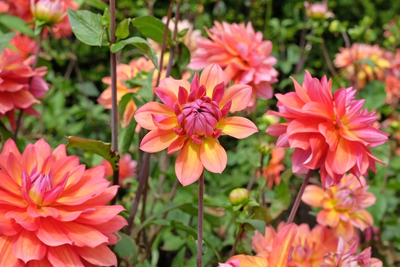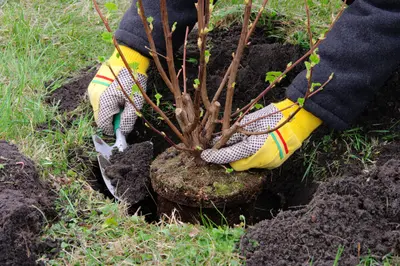
Sweet and juicy, nothing tastes better than your own fresh-picked strawberries still warm from the sun. Eat them with cream, slice them over your breakfast cereal or whiz them up into a delicious smoothie. Here’s how to grow your very own supply of strawberries.
Best strawberry varieties to grow
If you have space, why not produce a few different types of strawberry? Choose ones that fruit at different times, and you’ll have strawberries to pick right through summer. Look for these names when buying your strawberry plants:
-
Early-fruiting strawberries: ‘Honeoye’
-
Mid-season strawberries: ‘Elsanta’ and ‘Pegasus’
-
Late season strawberries: ‘Symphony’ and ‘Florence’
If you don’t have much space, choose perpetual-fruiting strawberries which produce fruits in flushes in summer and early autumn. ‘Mara des Bois’, ‘Anais’ and ‘Flamenco’ are all popular perpetual-fruiting strawberry varieties.
When space and sunlight are both in short supply, alpine strawberries are the answer. They thrive in semi-shade and are best grown in pots, as they can be invasive in the ground. They produce small, sweet berries from summer to early autumn.
How to plant strawberries
You can plant strawberries in either spring or late autumn. The plants are sold either as runners – these look like clumps of roots with sometimes a few leaves – or as potted plants.
- Choose a sunny spot with fertile, well-drained soil. Dig in lots of well-rotted farmyard manure or compost before planting, and add a general-purpose fertiliser such as Growmore.
- Plant strawberries at least 30cm (1ft) apart in rows of 75cm (2.5ft), to give you space to work around each plant. When planting runners, dig a hole deep enough to allow you to spread the roots out. For both runners and potted strawberries apply the strawberry plant that the crown (where the leaves start) is on the same level with the surface.
- You can also grow strawberries in pots or produce bags filled with a soil-based compost such as John Innes no 3, mixed with multipurpose compost.
How to care for strawberry plants
Once they start to flower, feed your strawberries every two weeks with a high potash liquid (tomato feed is ideal). Net the plants if necessary to protect the ripening fruits from birds, and tuck straw under the berries to protect them from slugs and keep them clean. (Incidentally, this practice is where the name ‘strawberry’ comes from!)
Grey mould can be a problem for strawberries. Grey mould is a grey fungal growth, common in damp or humid conditions. To reduce the risk, ensure proper ventilation and don’t overcrowd plants. Cut off and dispose of any affected sections of plants.
Once your plants have stopped producing strawberries, cut off the old leaves and clear away the straw and netting. Remove any runners (long stems bearing clusters of leaves) to save the plant’s energy for next year’s fruits. Replace your strawberry plants every four years.
Growing your own food is both fun and rewarding, and we have everything you need to give you a great harvest.




